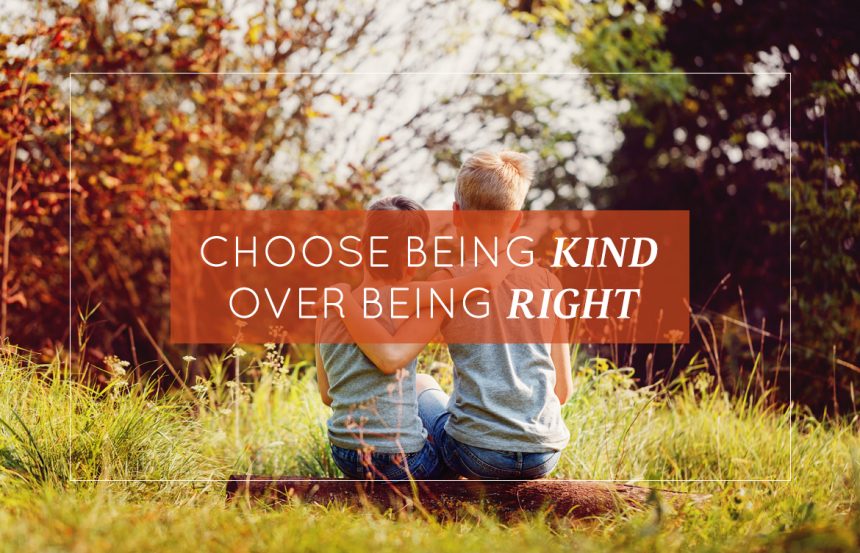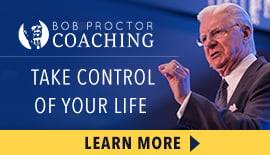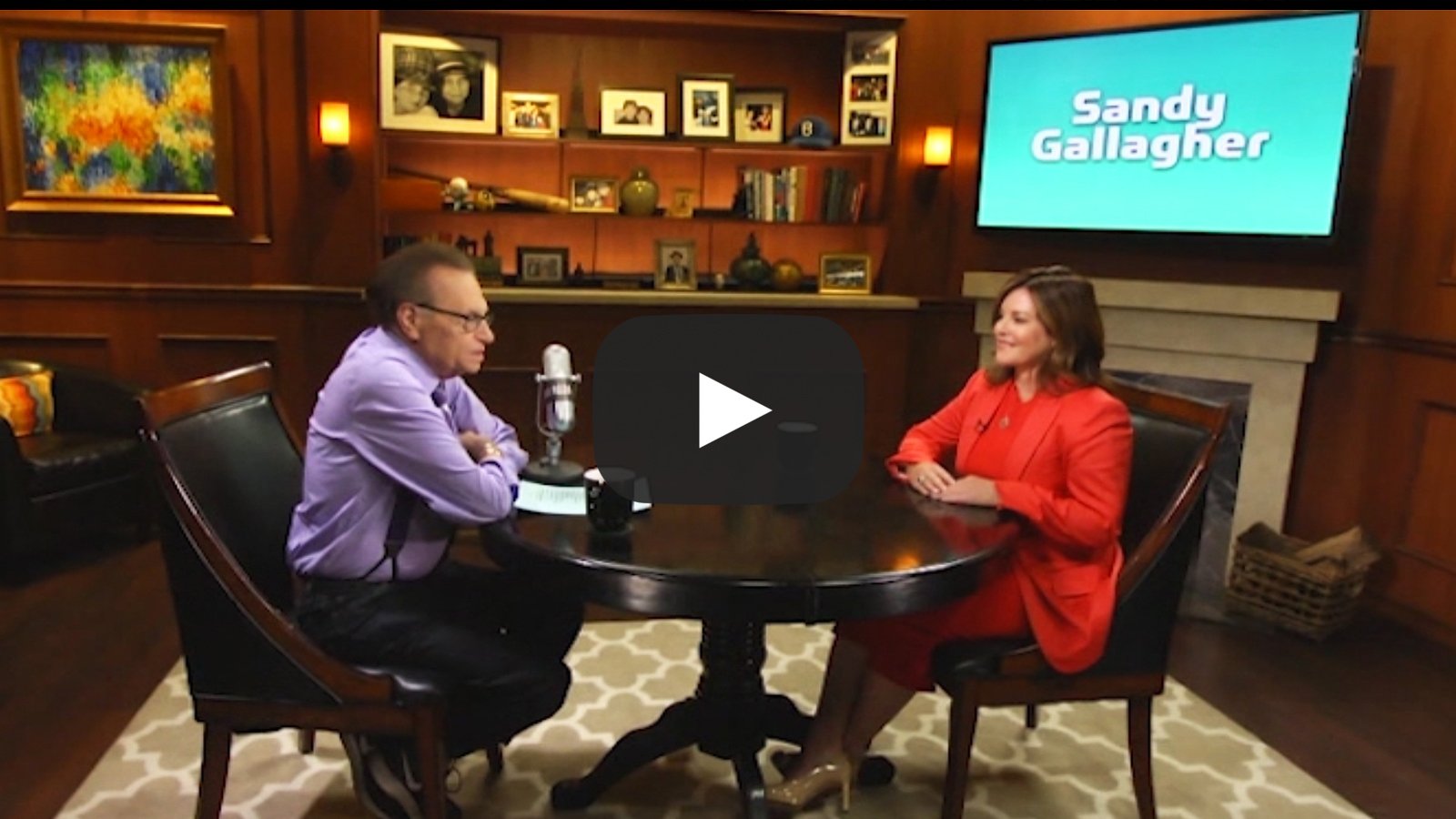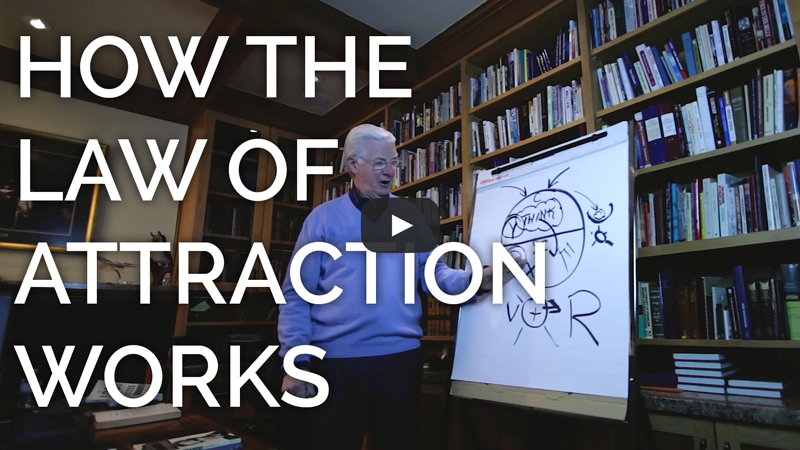
You are given many opportunities to choose between being kind and being right. You have chances to point out to someone their mistakes, things they could or should have done differently, ways they can improve. You have chances to “correct” people, privately as well as in front of others. What all these opportunities amount to are chances to make someone else feel bad, and yourself feel bad in the process.
Without getting too psychoanalytical about it, the reason we are tempted to put others down, correct them, or show them how we’re right and they’re wrong is that our ego mistakenly believes that if we point out how someone else is wrong, we must be right, and therefore we will feel better.
In actuality, however, if you pay attention to the way you feel after you put someone down, you’ll notice that you feel worse than before the put-down. Your heart, the compassionate part of you, knows that it’s impossible to feel better at the expense of someone else.
Luckily, the opposite is true – when your goal is to build people up, to make them feel better, to share in their joy, you to reap the rewards of their positive feelings. The next time you have the chance to correct someone, even if their facts are a little off, resist the temptation. Instead, ask yourself, “What do I really want out of this interaction?” Chances are, what you want is a peaceful interaction where all parties leave feeling good. Each time you resist “being right,” and instead choose kindness, you’ll notice a peaceful feeling within.
My wife and I were discussing a business idea that had turned out really well. I was talking about “my” idea, clearly taking credit for our success! Kris, in her usual loving manner, allowed me to have the glory. Later that day, I remembered that the idea was actually her idea, not mine. Whoops! When I called her to apologize, it was obvious to me that she cared more for my joy than she did her own need to take credit. She said that she enjoys seeing me happy and that it doesn’t matter whose idea it was. (Do you see why she’s so easy to love?)
Don’t confuse this strategy with being a wimp, or not standing up for what you believe in. I’m not suggesting that it’s not okay for you to be right – only that if you insist on being right, there is often a price to pay – your inner peace. In order to be a person filled with equanimity, you must choose kindness over being right, most of the time. The best place to start is with the next person you speak to.
Richard Carlson
1961-2006
Richard Carlson is the author of Don’t Sweat the Small Stuff. His wife Kristine has some great articles and content that you can get by going to: http://dontsweat.com







